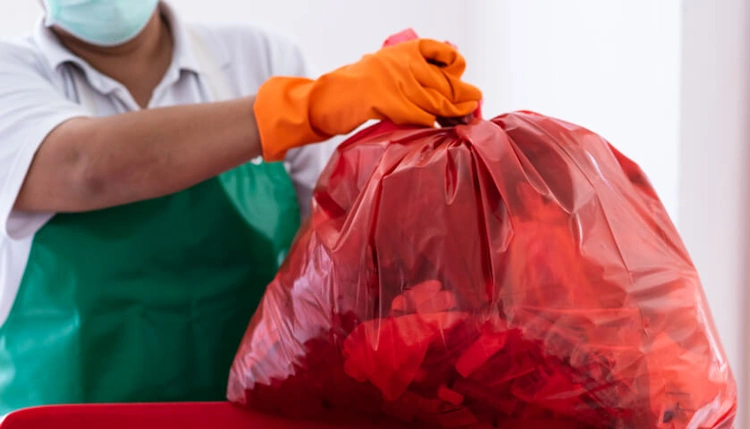Waste management is an essential service that positively benefits South Carolina’s public health, economy and environment, in cities like Conway or Simpsonville. But, waste management in the state of SC has faced several challenges that would need some effective strategies and initiatives to handle them.
One of the main problems is that, with costs on waste increasing by population growing and economy development more solid wastes are generated. Millions of tons of solid waste being the case, a variety generating in the state each year from households and businesses. According to the DHEC (South Carolina Department of Health and Environmental Control), the now vast amounts of waste must then be collected, transported and discarded which will cause significant hardships.
Also, a big issue is the disposal of waste in landfills in South Carolina. While the state had many landfills, they were small and reaching capacity. The more waste we have, the shorter amount of time existing landfills will last before new ones or other waste disposal methods must be found. Moving all that debris into landfills won’t be done without environmental risks, too; those can range from groundwater contamination to greenhouse gas emissions.
South Carolina struggles with illegal dumping, as a severe waste management issue. Even though dumping off refuse in excess of the level permitted by regulations is against the law, it continues to be a serious problem contributing both to physical environment pollution as well as health hazards. It also foists hundreds of millions in cleanup costs on local governments and communities.
Management of certain types of waste, such as hazardous waste (waste oils), electronic wastes and construction and demolition wastes presents itself as a major challenge too. These wastes require proper treatment and disposal controlled to avoid contamination of the environment as well exposure of human beings.
Plastic waste is a big problem in South Carolina like it is everywhere else. Bags, bottles and straws are the examples of Single-use plastics around us which gets accumulated as litter causing marine pollution. Only about 5-10% of plastic is currently recycled, with the rest disposed into landfills or littered within the environment.
South Carolina is getting better when it comes to recycling, too. According to the DHEC, South Carolina’s recycling rate has steadily risen for years and pulled a significant portion of refuse out from our landfills. An Issue that persists though is the contamination in recycling streams and a lack of end-markets for recycled materials.
The DHEC has led efforts to combat these waste disposal woes in concert with local governments, businesses and communities. The programs range from public education and outreach efforts designed to reduce waste, to grants for local recycling centers, as well as regulations aimed at preventing illegal dumping.
Solid Waste Management Programs permits, inspects, and provides oversight for solid waste management facilities. The program ensures that these facilities are operated in a manner to protect the public health and environment.
The Electronic Waste Recycling Act was enacted in 2010 for the purpose of establishing a program to manage unwanted electronic devices (also referred to as E-waste) generated within South Carolina and requires manufacturers who sell or offer for sale covered electronic devices provide a system of collection opportunities available statewide, providing at least one permanent drop-off site on behalf the manufacturer.
As South Carolina moves to the future, waste management will need to continue adjusting and reforming based on new challenges. That might mean welcoming new technologies and practices like waste-to-energy conversion, advanced recycling techniques or the notion of a circular economy.
To sum it up, South Carolina has a lot of waste management problems but fortunately they are also breaking their back addressing these issues all possible ways. Public awareness and regulatory activity have combined with other efforts to move waste management into the realm of sustainable activities, supporting public health, economic vitality and environmental conservation.

